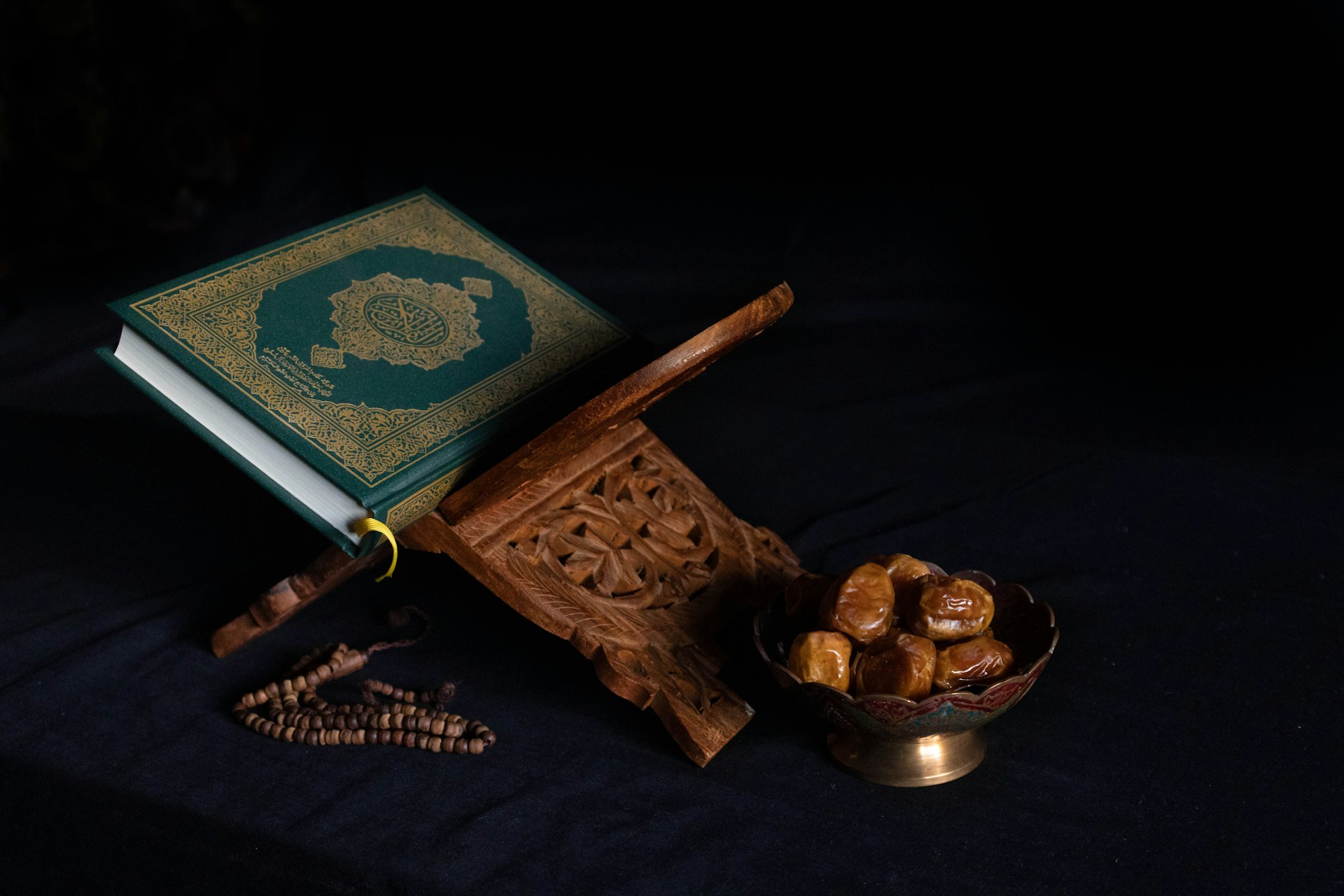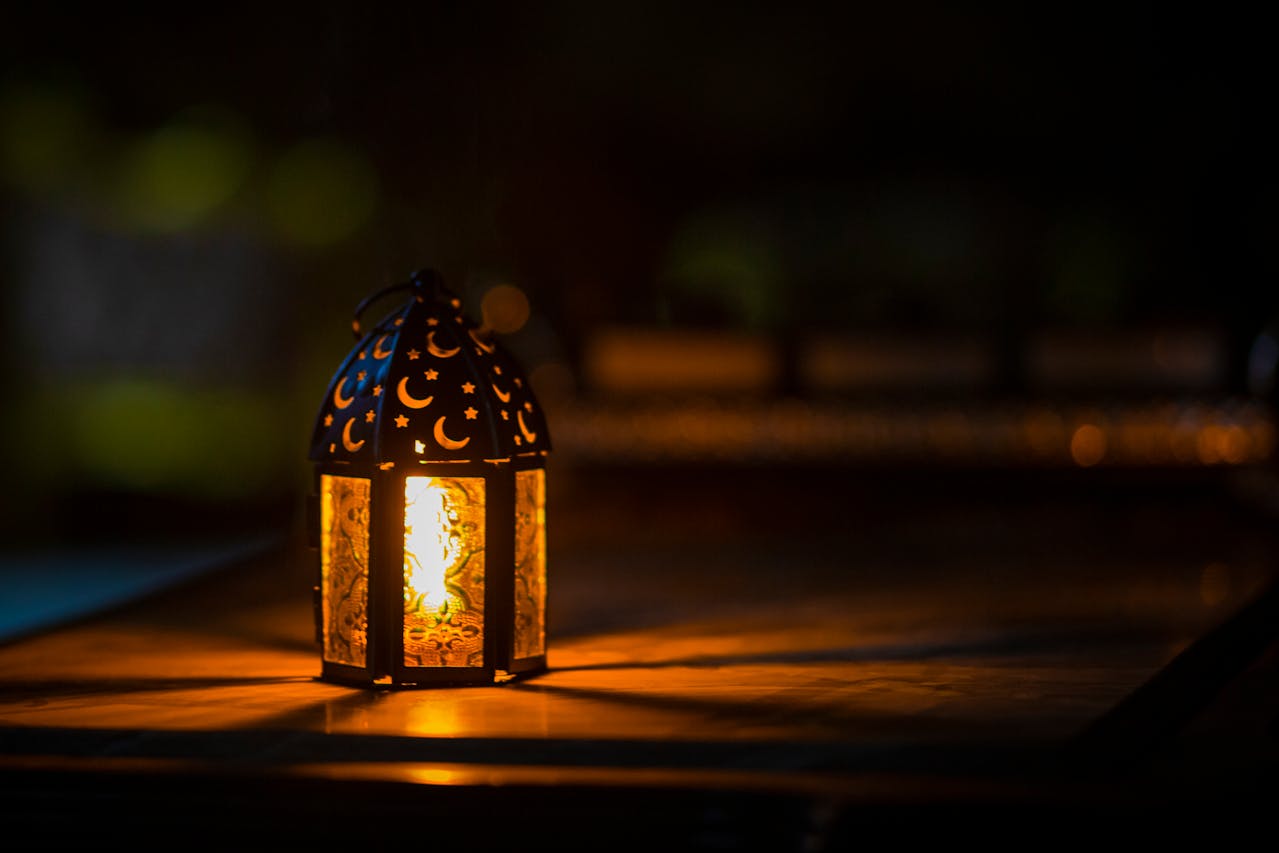By Maria Papagiannopoulou,
As the ninth month of the Islamic lunar calendar approaches, millions of Muslims around the world eagerly anticipate the arrival of Ramadan, a sacred period of fasting, prayer, and spiritual reflection. Ramadan holds deep significance in the Islamic faith, serving as a time for believers to strengthen their relationship with Allah, seek forgiveness, and express gratitude for blessings received.
At the heart of Ramadan lies the act of fasting, known as “sawm,” which entails abstaining from food, drink, smoking, and other physical needs from dawn until sunset. This act of self-discipline serves as a tangible expression of devotion, allowing Muslims to empathize with the less fortunate and cultivate a sense of compassion and empathy toward those in need.
The pre-dawn meal, known as “suhoor,” provides an opportunity for Muslims to fortify themselves with nourishment before beginning their fast. Families gather before dawn to share a meal together, offering prayers and supplications for strength and guidance throughout the day.
As the sun sets, the fast is broken with the “iftar” meal, a joyous occasion marked by communal gatherings and acts of charity. Mosques, community centres, and homes open their doors to welcome neighbours, friends, and strangers alike, fostering a sense of unity and solidarity within the ummah, or Muslim community.
The act of giving, known as “zakat,” holds particular significance during Ramadan, with Muslims encouraged to donate a portion of their wealth to those in need. This charitable practice serves as a means of purifying one’s wealth and supporting the less fortunate, embodying the spirit of generosity and compassion central to Islam.
In addition to fasting and charitable giving, Ramadan is a time for increased devotion to prayer and spiritual reflection. Muslims engage in extra prayers, known as “Taraweeh”, during the evenings, reciting and pondering over the verses of the Quran. The recitation of the entire Quran during Ramadan, known as “qiyam al-layl” or “tahajjud,” holds special merit, with believers striving to deepen their understanding and connection to the Holy Scripture.

Beyond its individual significance, Ramadan serves as a time for strengthening familial bonds and fostering community cohesion. Families come together to share meals, exchange gifts, and engage in acts of worship, creating cherished memories and reinforcing the importance of love, compassion, and unity within the family unit.
Throughout Ramadan, mosques buzz with activity as worshippers congregate for nightly prayers, Quranic recitations, and lectures on Islamic teachings. The atmosphere is imbued with a sense of spirituality and tranquillity, as believers seek solace and guidance in their devotion to Allah.
The final ten days of Ramadan hold special significance, culminating in the Night of Power (Laylat al-Qadr), a night believed to be better than a thousand months. Muslims devote themselves to intense prayer and supplication, seeking forgiveness and divine mercy as they strive to draw closer to Allah.
As Ramadan draws to a close, Muslims celebrate Eid al-Fitr, the festival of breaking the fast, with prayers, feasting, and festivities. Families gather to exchange greetings and gifts, expressing gratitude for the blessings of Ramadan and the opportunity to grow closer to Allah. In a world marked by division, uncertainty, and hardship, Ramadan serves as a beacon of hope, unity, and resilience for Muslims around the world. Through fasting, prayer, and acts of charity, believers reaffirm their commitment to faith, compassion, and justice, embodying the timeless values of Islam.
Reference
- Ramadan. Wikipedia. Available here




